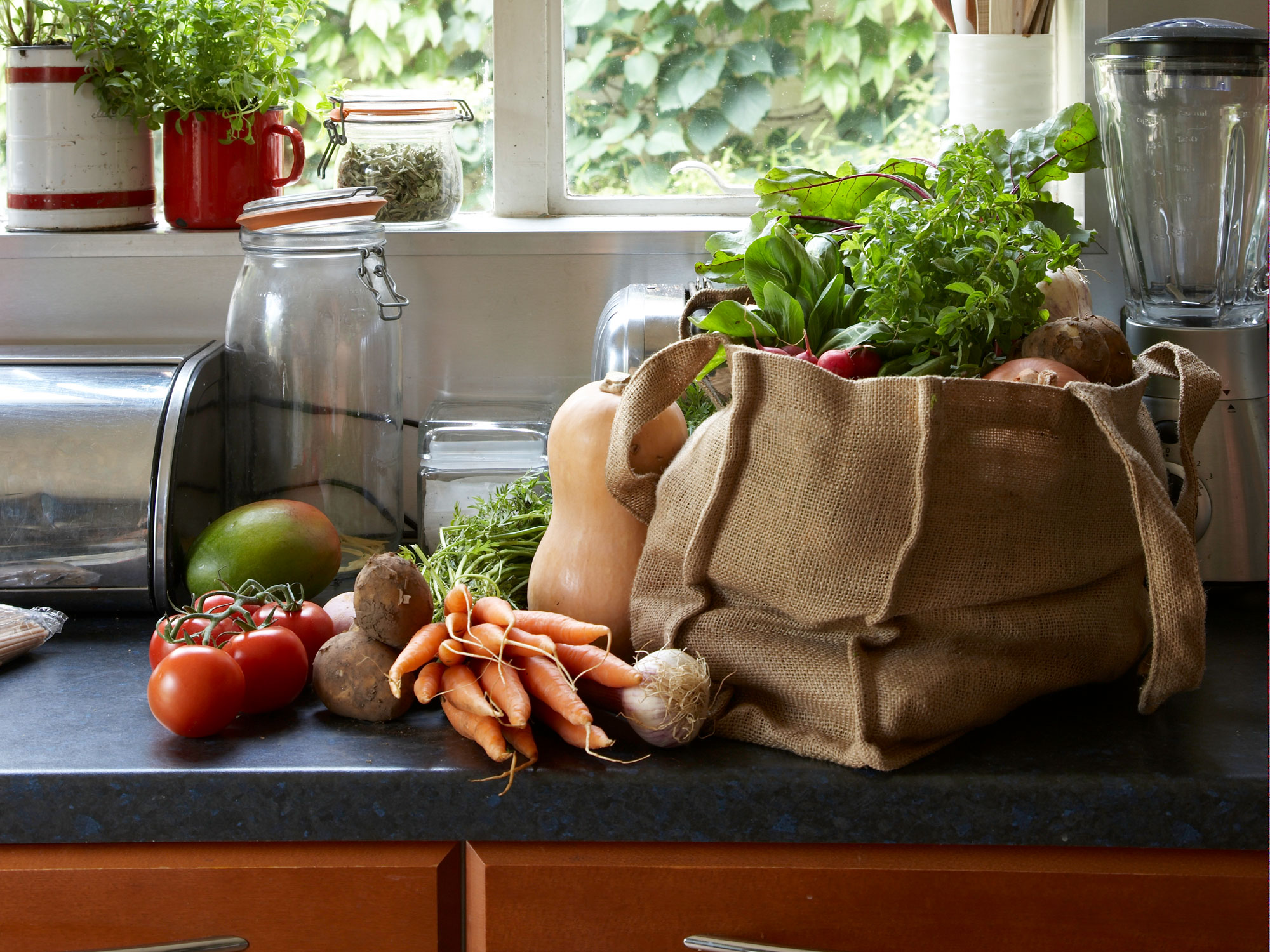Get Easy Health Digest™ in your inbox and don’t miss a thing when you subscribe today. Plus, get the free bonus report, Mother Nature’s Tips, Tricks and Remedies for Cholesterol, Blood Pressure & Blood Sugar as my way of saying welcome to the community!
What’s up doc? Less disease when you eat these

Brightly colored fruits and vegetables are a great source of carotenoids, the pigments that give them their color.
But why should you care about the color of what you eat?
Because carotenoids offer triple disease protection. They are powerful antioxidants that can not only protect your eyesight, but strengthen bones and prevent heart disease.
And one bright orange vegetable, in particular, has been gaining attention for its broad range of health-enhancing benefits we’ve been enjoying since the first modern-day variety was first consumed over a thousand years ago…
Total body health in one package
Many fruits and vegetables contribute to the prevention and control of disease in amazing ways. At the top of this list is the lowly carrot.
The roster of protective benefits available from eating carrots is a long one.
1. Carrots protect your vision. This may sound like something your mother made up to get you to eat your vegetables. But Mom knew what she was talking about. A cup of raw sliced carrots has 21,384 IU of Vitamin A, more than 100% of the daily requirement.
In addition, the carotenoid and Vitamin A content of carrots helps protect against the damage to the eye’s blood vessels that can occur in long-term diabetes.
2. Decreases risk for heart disease and stroke. Researchers in the Department of Human Sciences at Texas A & M University found that drinking carrot juice lowers oxidative stress and improves the body’s defense against cardiovascular disease.
3. Helps protect against cancer. Research has been connecting carrots and cancer risk for several decades. In one study, smokers who ate carrots more than once a week had a lower risk of lung cancer. In another, women who drank eight ounces of carrot juice a day for three months had a lower risk of the return of breast cancer.
Researchers at the Marshfield Clinic Cancer Center in Wisconsin concluded that a diet high in beta-carotene could be a protective factor against ovarian cancer.
4. Protects against dementia and Alzheimer’s. One study concluded that carrot seeds could be responsible for improving memory. Another found that the beta-carotene in carrots could help reduce brain toxicity from heavy metals such as lead and cadmium.
5. Provides anti-inflammatory protection. Inflammation leads to a host of diseases, from cancer and heart disease to asthma, arthritis, and diabetes. Carrot extract has demonstrated anti-inflammatory benefits comparable with drugs like aspirin, Ibuprofen, Naproxen and Celebrex.
6. Protects the liver. Carrot extract could help protect the liver from the effects of toxic chemicals.
Tips for eating and storing carrots
- Buy organic. Whenever possible, it’s best to buy carrots that are grown organically. Carrots are a root vegetable, so they absorb whatever toxins and pesticides are in the soil. When you make carrot juice, you’re consuming an even higher amount of carrots at one time, along with their toxins.
- Carrots aren’t always orange. Multi-colored heirloom carrots are purple or yellow, and have a delicious, sweet taste.
- Don’t peel your carrots. A lot of the carrot’s nutrients and fiber are found in the skin. Simply clean them with a strong brush to remove dirt.
- Avoid baby carrots. There’s really no such thing as ‘baby carrots.’ In 1986, a California farmer created them to save some of the broken and oddly shaped carrots in his harvest. Baby carrots are expensive, and they’re usually bathed in chlorine as a preservative.
- Storage tips. Keep your carrots in the coldest part of the refrigerator. Wrapped tightly in plastic or wet paper towels, they should last up to two weeks.
- Cooked may be better! Common wisdom says that raw vegetables are more nutritious, but carrots are the exception. Studies have shown that lightly steamed carrots are superior in their levels of beta carotene.
Sources:
- Stomach cancer risk drops 26 percent by simply eating the right vegetable — NaturalHealth365.com
- Dietary beta-carotene intake and the risk of epithelial ovarian cancer: a meta-analysis of 3,782 subjects from five observational studies — In Vivo
- Drinking carrot juice increases total antioxidant status and decreases lipid peroxidation in adults — Nutrition Journal
- Effects of a carrot juice intervention on plasma carotenoids, oxidative stress, and inflammation in overweight breast cancer survivors — Nutrition and Cancer
- Role of beta-carotene in ameliorating the cadmium-induced oxidative stress in rat brain and testis — Journal of Biochemical and Molecular Toxicology
- List of the Right Vegetables for Diabetes — livestrong.com













